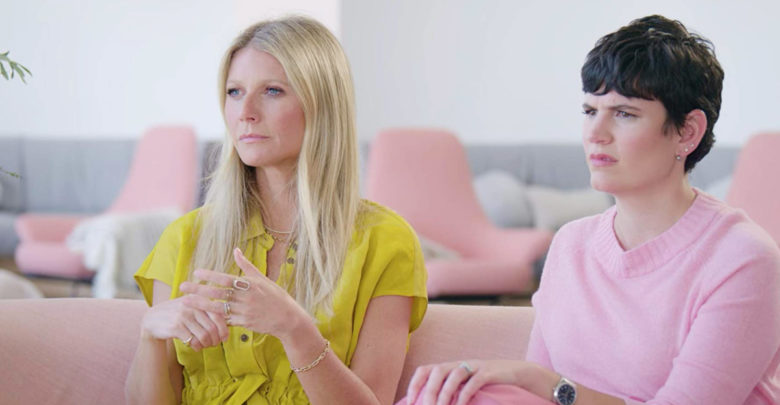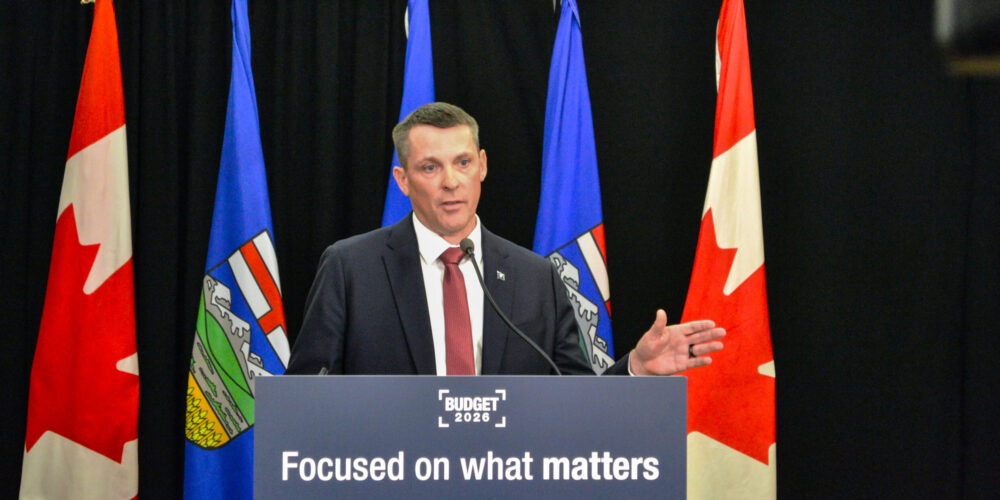Ask a Prof: Is Gwyneth Paltrow’s Goop TV show medically accurate?
Paltrow's Goop brand and new Netflix show are spreading misinformation, says expert Timothy Caulfield
 Netflix
NetflixOver the course of ten years, Gwyneth Paltrow’s wellness brand Goop has grown from a weekly newsletter to a $250 million empire. With the recent premiere of The Goop Lab on Netflix, the Hollywood actress has taken her brand to the small screen.
Paltrow’s Goop brand has drawn heavy criticism from the medical community for promoting what many consider to be pseudoscience and New Age remedies, with potentially harmful results. In 2018, Goop was ordered by a California judge to pay $145,000 US in penalties for false advertising relating to its vaginal detox egg, which was advertised as regulating menstruation, as well as refund customers for a blend of essential oils said to prevent depression.
Since its premiere, The Goop Lab has been criticized for promoting wellness techniques such as lowering your biological age via fasting, treating anxiety with “somatic energy healing”, and the famous Wim Hof breathing method which led to the deaths of two people in 2017.
For Timothy Caulfield — a professor in the faculty of law, Canada Research Chair in Health Law and Policy and author of Is Gwyneth Paltrow Wrong About Everything? — the problem with The Goop Lab is that it gives people like Paltrow an even bigger platform to spread dangerous misinformation.
“[It’s] kind of odd that someone would be given a TV show that’s basically an infomercial, in order to sell her nonsense through her brand Goop,” Caulfield said. “The show really is these anecdotes, these testimonials, [that are] supposed to leave the viewer with the idea that this stuff works. It’s not trying to dispel anything.”
In a global wellness industry worth over $4 trillion dollars, slick brand offshoots like The Goop Lab are not only highly profitable, but according to Caulfied, they can overwhelm our capacity to make reasonable decisions regarding our health.
“Celebrities and celebrity brands have an impact — and there’s empirical evidence to back this up — on the utilisation of health services,” Caulfield said. “These shows and all the stuff that hangs around it, the huge wellness-woo industry, it invites us to believe magical thinking, it invites us to set aside critical thinking, and I think in this age of misinformation that’s a really big problem.”
Caulfied was also quick to acknowledge that despite Paltrow’s status placing her at the forefront of the movement towards pseudoscientific New Age remedies, Goop and The Goop Lab are just one part of a larger credibility problem facing the medical community.
“People are frustrated with the times. Perhaps they feel like they’re not being listened to and their problems are not being taken seriously, and that can allow them to migrate to use other modalities,” Caulfield said. “And then once it becomes part of your ideology, once it becomes part of the way you identify yourself, you’re going to buy all of the beliefs that are associated with it.”
As far as the medical community’s fight against misinformation is concerned, Caulfield believes that health professionals need to emphasize teaching critical thinking, making information more accessible and meeting the public where they are.
“If you pass along the facts and in addition to that talk about the rhetorical devices that are used to spread misinformation — so conspiracy theories, misrepresenting the risks — that can have an impact,” Caulfield said. “And the science advocates need to start using all those creative communication strategies that celebrities use. We’ve gotta learn from them, we’ve got to use the same strategies. Let’s use great stories, let’s use great imagery to get across the real science.”




